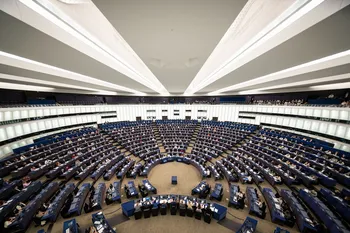There is an increasing interest in implementing a circular economy in the context of decarbonisation as a path to achieving a sustainable, productive system. Such a goal requires developing and implementing a great variety of new processes and innovation into subprocesses, including gas separation, purification, new reactors and catalyst, when needed. The transformation of renewable gases (such as biogas and biomethane), or solid biogenic wastes (as per Directive 2008/98/EC), as well as advanced feedstocks (as per Annex IX of Renewable Energy Directive 2018/2001) into hydrogen and carbon, is one of those processes aiming at the utilisation of renewable resources to produce valuable products and decarbonise hard-to-abate industrial processes. The process to convert bio-feedstocks into hydrogen is also compatible with the regulatory targets into Fit-to-55 packages, within the Red transport, RefuelEU Aviation, and FuelEU Maritime GHG reduction targets. Decarbonisation costs (replacement of fossil-based hydrogen) by (Bio)Methane splitting and Biowaste-to-energy have been estimated below 180 EUR/tonCO2[1]. Biogenic or waste C-feedstock input material in the process ending into carbon production implies a net carbon removal (negative GHG emissions).
Developing processes to convert these renewable sources into hydrogen and carbon will contribute to the evolution of the hydrogen economy, complementing other hydrogen production methods,
...


